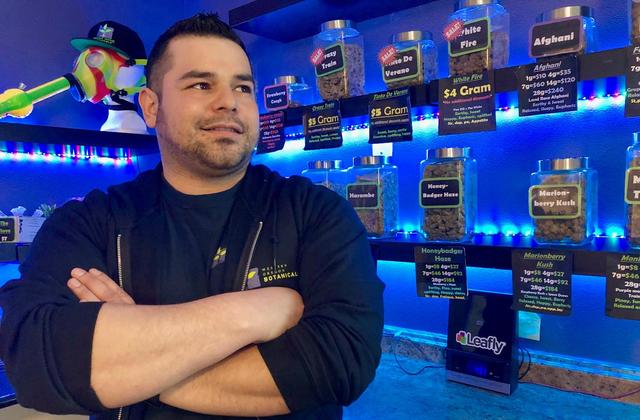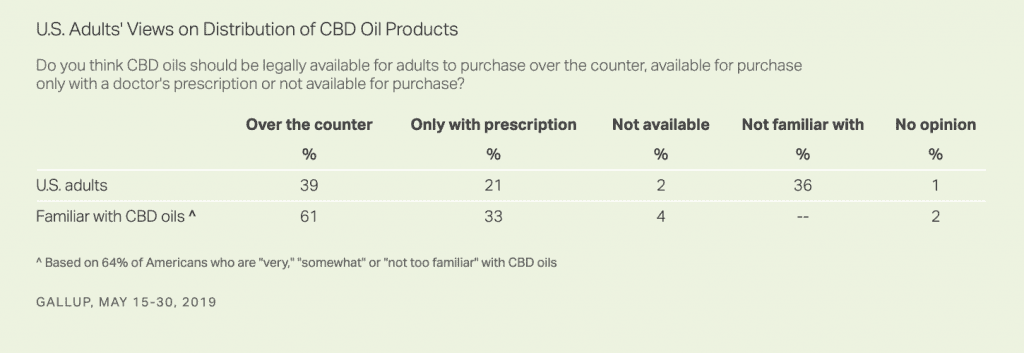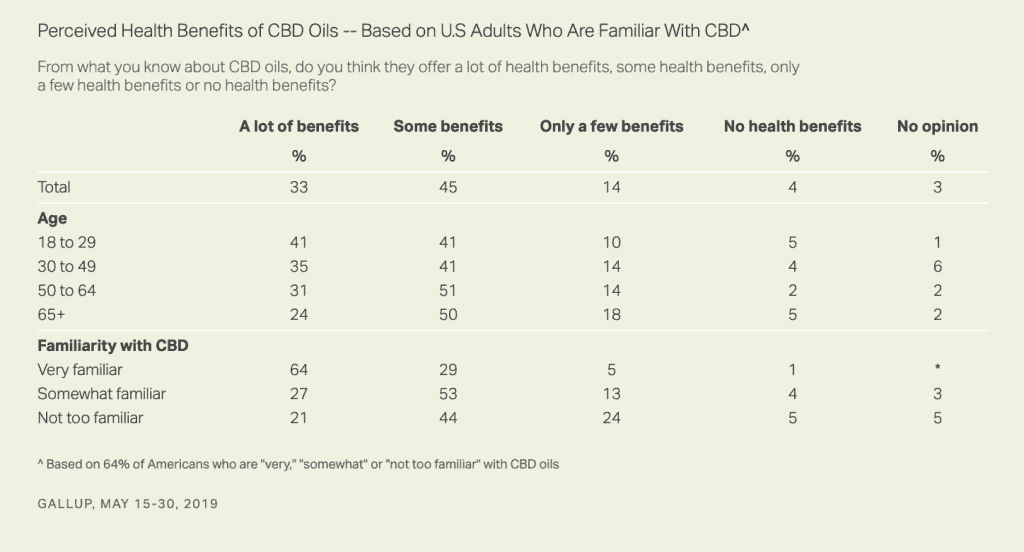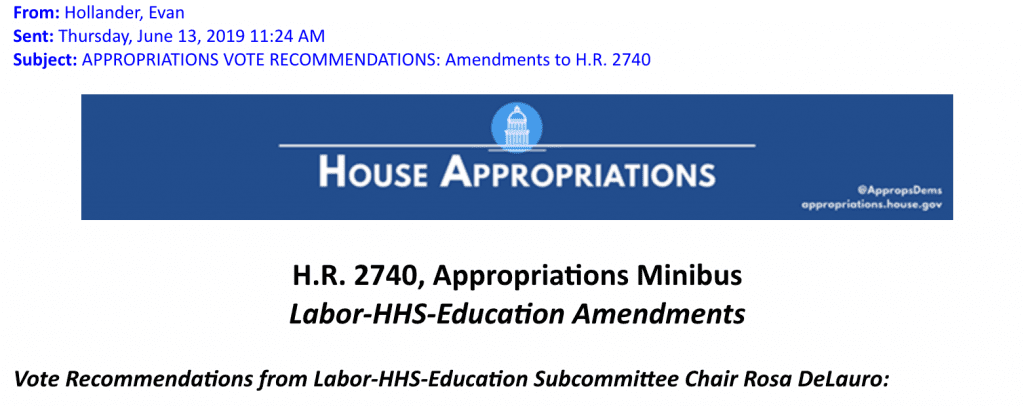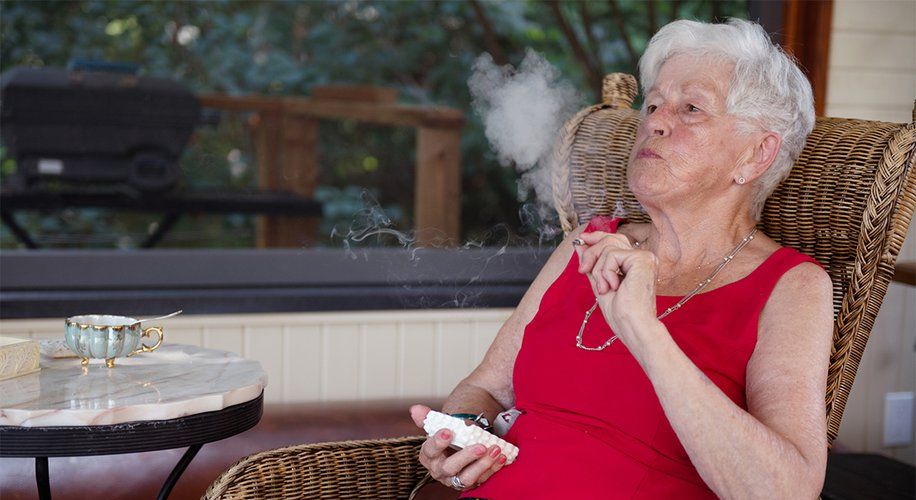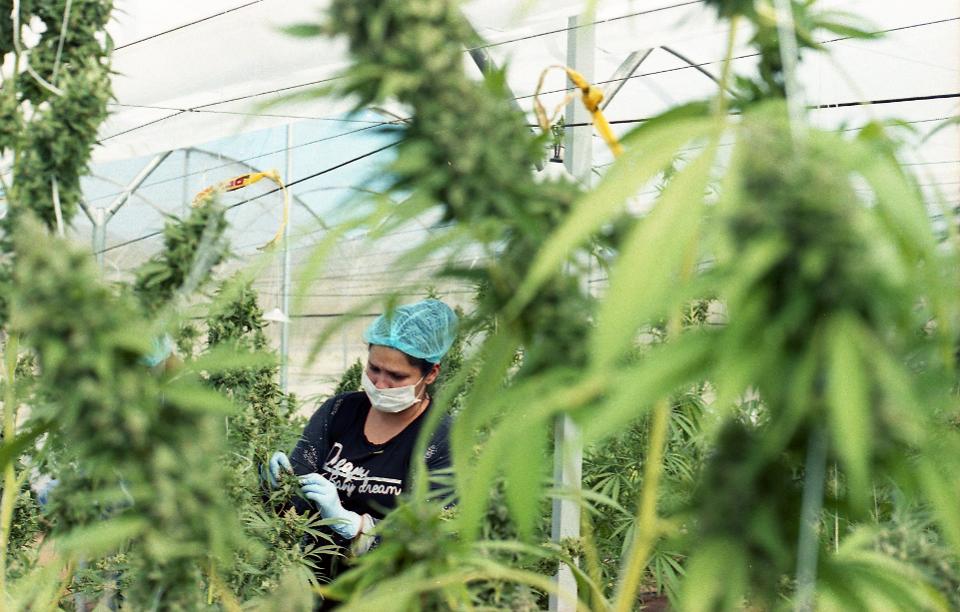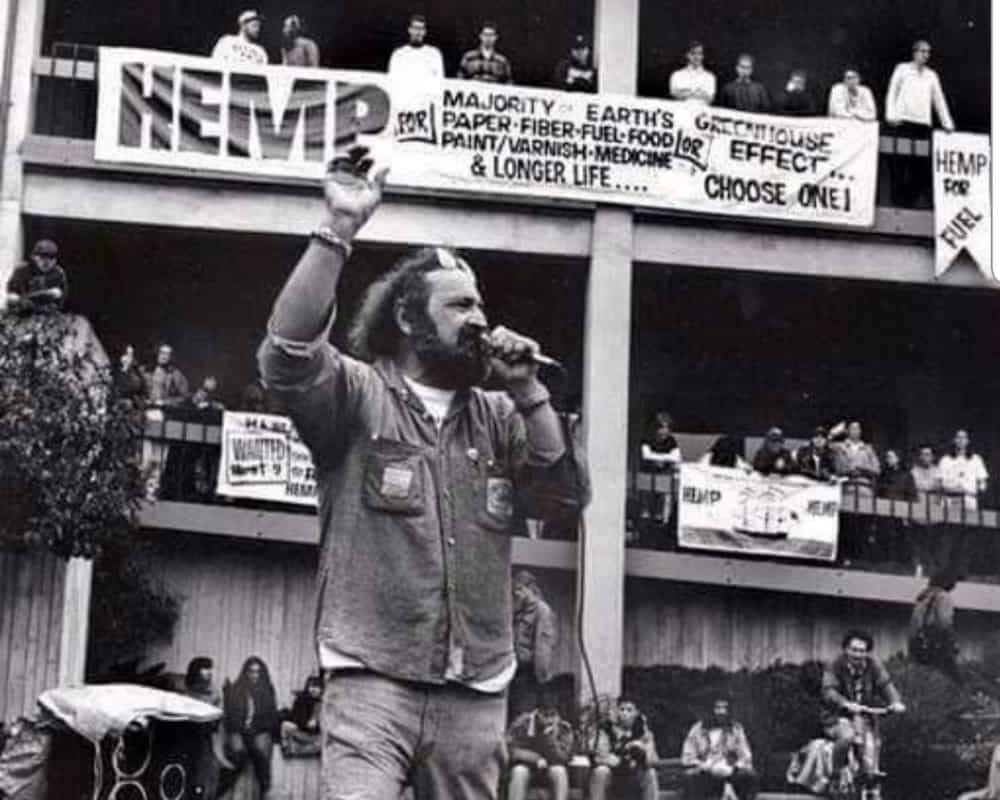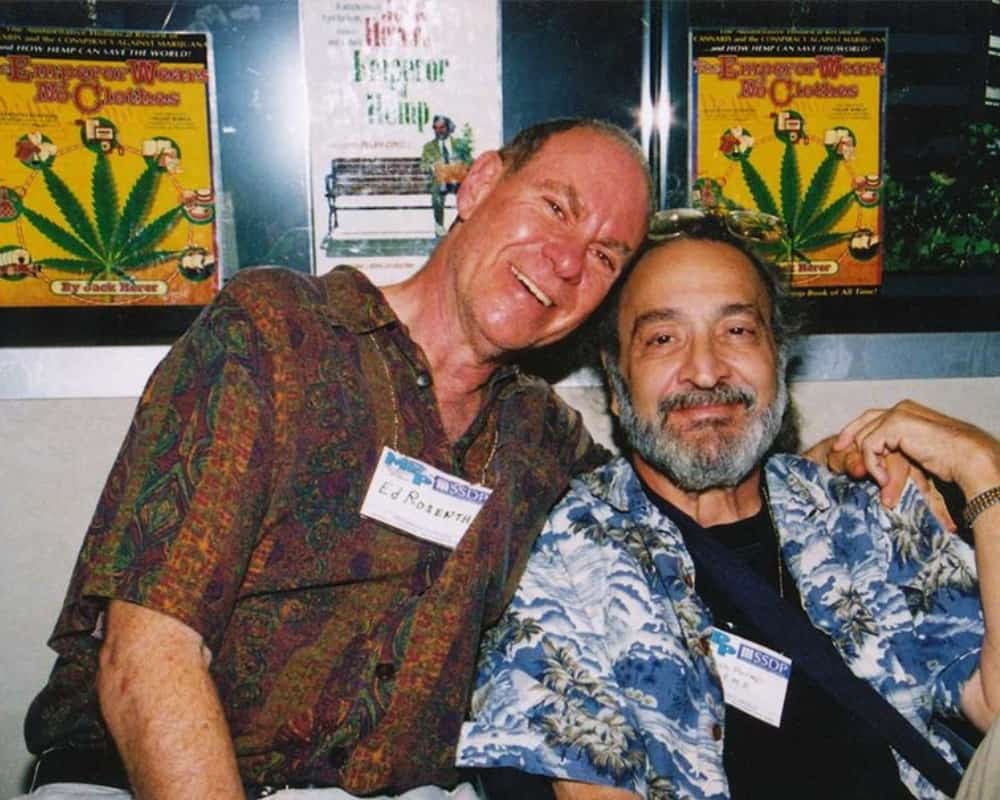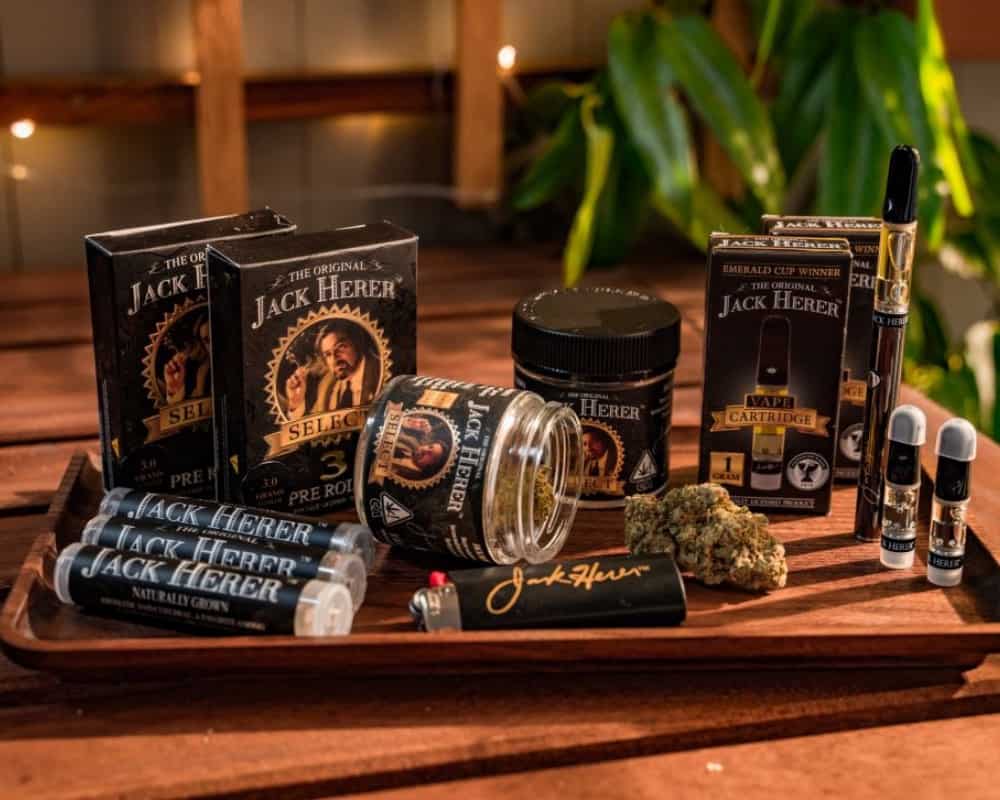While I find it completely ignorant and stupid to have a list of substances for which medical research is banned; the key word is research. So, in that regard I support this defeated measure.
However, being rather old and a person of poor judgement when younger, I have experienced a VERY wide range of drugs used for recreational purposes...almost all of which tried to kill me or drive me crazy.
So, it is my personal position that just because I'm a fervent advocate for MJ legalization (and its the ONLY rec drug that hasn't tried to kill me), this does NOT mean that I'm an advocate for legalization of all drugs. Decriminalization of possession...yeah, might be able to support that. Crack dealers...fuck 'em, is my view.
We picked a lot of magic mushrooms in my college days in central FL. The biggest danger was that beef prices had gone up drastically (for unrelated reasons), people were actually rustling cows, so if you got caught in a pasture picking mushrooms in the dark there was a fair chance the farmer/rancher would take a shot at you! haha But aside from that, I found that for me, personally, hallucinegetics were a dangerous and damaging class of drugs and I can't say that I would want to see them legalized for rec use. Psychiatric use under a Dr's supervision with some controlled protocol...that's different. But just having Magic Kool-aid stands on street corners isn't a good idea in my view.
Ok, screed over with. haha
How Democrats Helped Republicans Shut Down AOC’s Psychedelics Research Measure
In a sweeping rejection of what advocates regarded as a commonsense drug reform measure, a large majority of Democratic House members joined all but seven Republicans on Thursday in a vote against an amendment that Rep. Alexandria Ocasio-Cortez (D-NY) filed to expand research into the potential benefits of psychedelic substances.
The measure, which was
cleared by the House Rules Committee and was initially approved in a voice vote earlier Thursday morning, was
soundly defeated in a 91 to 331 afternoon roll call vote. Democrats accounted for 148 of those “nay” votes.
Ocazio-Cortez’s amendment would have removed a longstanding rider, first enacted in 1996, that prohibits the use of federal funds for “any activity that
promotes the legalization of any drug or other substance in Schedule I.”
Supporters argued that the rider inhibits research into controlled substances that hold potential therapeutic potential, with Ocasio-Cortez pointing specifically to psilocybin and MDMA as examples of understudied drugs that could alleviate symptoms of conditions such as post-traumatic stress disorder and depression. Cannabis is also a Schedule I substance that is more difficult to research due to its Schedule I status.
“It’s disappointing to hear folks say things like ‘the War on Drugs is a failure’ and that ‘we should treat drugs as a health issue and not a criminal justice issue’ then vote to uphold drug war relic language like this,” Dan Riffle, senior counsel and policy advisor in Ocasio-Cortez’s office, told Marijuana Moment. “It was last minute though, and a lot of folks weren’t sure what the amendment would do. I’m glad we brought some attention to the issue, and I think next year with more time to educate you’ll see a very different result.”
In a tweet posted ahead of the vote, the congresswoman acknowledged that while the amendment had bipartisan appeal, it also had bipartisan opposition. The opposition proved much stronger in the end, leaving reform advocates dismayed.
“It’s disappointing to see so many members vote to keep an outdated gag order in place,” Michael Collins, director of national affairs at the
Drug Policy Alliance, told Marijuana Moment. “The road to ending the drug war is a long one, and we got a reminder of that today.”
Michael Liszewski, a policy advisor with
Students for Sensible Drug Policy, told Marijuana Moment that Ocasio-Cortez introducing the amendment “helped raise the profile of this issue.”
“I think one reason the amendment failed was a lack of understanding of the issue by many members, so voting against the amendment was the instinctually safe move to make,” he said. “With increased awareness of how the ‘gag order’ provision prevents scientific research that we may see a different outcome next year if the amendment is offered again.”
Another reason for the amendment’s failure could be that Democratic leadership declined to give members a directive to support it in a list of recommendations distributed on Thursday morning. House Labor, HHS, Education, and Related Agencies Appropriations Subcommittee Chair Rosa DeLauro (D-CT), whose panel drafted the section of the overall bill that Ocasio-Cortez sought to amend, offered “no recommendation” for the measure, whereas every other listed Democratic amendment was given a “vote yes” directive.
The amendment’s opponents include several
members who usually lend their support to drug reform legislation as well as committee chairs and members of Democratic leadership. Reps. Charlie Crist (D-FL) and Dave Joyce (R-OH) rejected the amendment despite their typical support for marijuana reform.
Opponents in leadership positions include House Majority Leader Steny Hoyer (D-MD), Assistant Speaker Ben Ray Luján (D-NM), Democratic Caucus Chair Hakeem Jeffries (D-NY), Appropriations Committee Chair Rep. Nita Lowey (D-NY), Veterans’ Affairs Chair Rep. Mark Takano (D-CA), former Democratic National Committee Chair Rep. Debbie Wasserman Schultz (D-NY) and DeLauro.
Many of the usual cannabis reform suspects did vote in favor of the amendment, however: Reps. Earl Blumenauer (D-OR), Steve Cohen (D-TN), amendment cosponsor Lou Correa (D-CA), Diana DeGette (D-CO), Denny Heck (D-WA), amendment cosponsor Ro Khanna (D-CA), Barbara Lee (D-CA), Ted Lieu (D-CA), Joe Neguse (D-CO), Eleanor Holmes Norton (D-D.C.), Ocasio-Cortez, Ed Perlmutter (D-CO) and Dina Titus (D-NV) all voted aye.
Democratic leaders who voted in support include Assistant Democratic Leader Jim Clyburn (D-SC), Rules Committee Chair Jim McGovern (D-MA) and Judiciary Committee Chair Jerry Nadler (D-NY).
The Republicans who voted in favor of the amendment are Reps. Justin Amash (R-MI), amendment cosponsor Matt Gaetz (R-FL), Glenn Grothman (R-WI), Thomas Massie (R-KY), Brian Mast (R-MI), Thomas McClintock (R-CA) and Don Young (R-AK).
Finally, three 2020 Democratic presidential candidates supported the measure. Reps. Tulsi Gabbard (D-HI), Seth Moulton (D-MA) and Tim Ryan (D-OH) voted aye. Rep. Eric Swalwell (D-CA), who is also running for president, was absent during the vote on the psychedelics measure as well as those on other measures taken around the same time.
“Rep. Ocasio-Cortez’s amendment would have removed the bureaucratic red tape and legal hoops that scientists currently have to navigate in order to study the potential medical benefits of controlled substances,” Khanna told Marijuana Moment. “This includes cannabis, which is legal for medicinal use in more than two dozen states, and other compounds that have shown promise in treating depression, PTSD, and addiction.”
“I am an advocate for robust research investment to maintain America’s global leadership in science and medicine, and I supported this amendment because it would have unshackled our scientists from restrictions implemented at the height of the failed War on Drugs,” he said.
“I applaud 91 of my Republican and Democratic colleagues for courageously standing up for medical research,” Correa told Marijuana Moment. “As elected leaders, we must never be afraid to take risks when our constituents’ lives and health are on the line. Schedule 1 substances may be controversial but they hold great medical promise.”
“I am proud to have joined my colleague Congresswoman Ocasio-Cortez in support of her potentially life-saving amendment,” he said. “For far too long, we have allowed the debate surrounding schedule 1 drugs to be informed by personal opinions and not science. This amendment would have given the power back to doctors and researcher so that they can tell us what these misunderstood substances can be used for.”
“I will not stop fighting for those yearning for new treatments and will continue to advocate for medical research—regardless the substance.”
Ocasio-Cortez said that while the amendment failed, she is “undeterred” and “proud we were even able to bring a vote on psychedelic research to the House floor.”
These drugs show extreme promise in treating PTSD + more,” she wrote. “Let’s keep at it.”
Natalie Ginsberg, director of policy and advocacy at the Multidisciplinary Association for Psychedelic Studies (MAPS), said that advocates hope to keep building support over time for removing political roadblocks to research.
“As we see everyday in our work at MAPS, and as evidenced by the bipartisan support for this proposed amendment, we remain encouraged that our elected representatives will continue working together across the aisle to get politics out of the way of research into the therapeutic benefits of psychedelics and cannabis,” she said.
